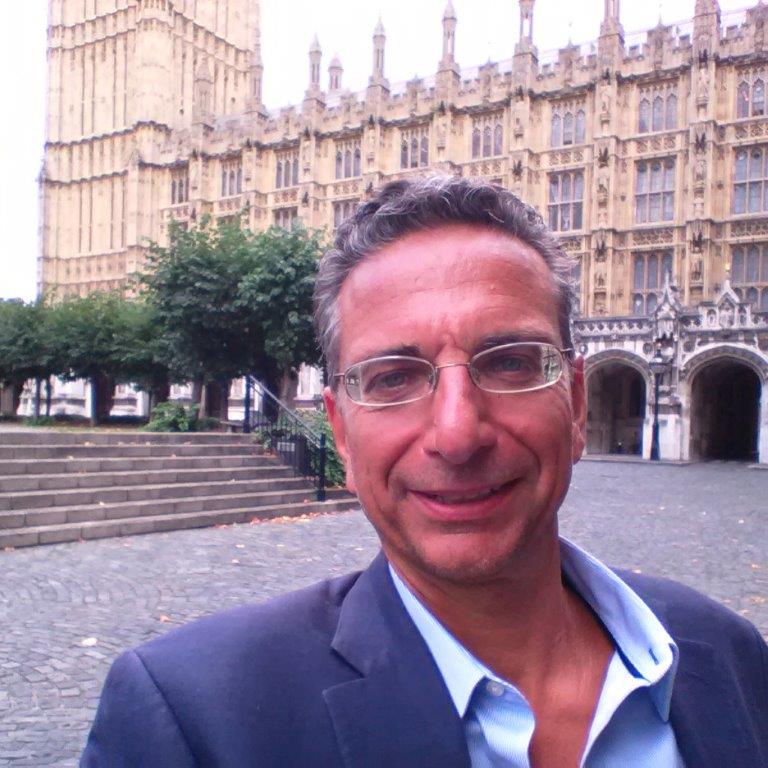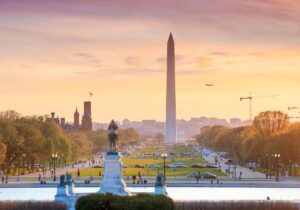The following lecture was recorded during Providence’s 2017 Christianity and National Security Conference.
Joseph Loconte critiques the idea that the United States presents a uniquely powerful model of democratic self-governance. He compares two extreme positions on this topic: American as a God-ordained domineering global power and America as a deprived force of global exploitation. He then offers a third view, which he argues is a better, more balanced Christian perspective on America’s role in the world.







 Sponsor a student for Christianity & National Security 2024
Sponsor a student for Christianity & National Security 2024